Volker Türk: ‘If there is one single message, it’s the centrality of human rights’
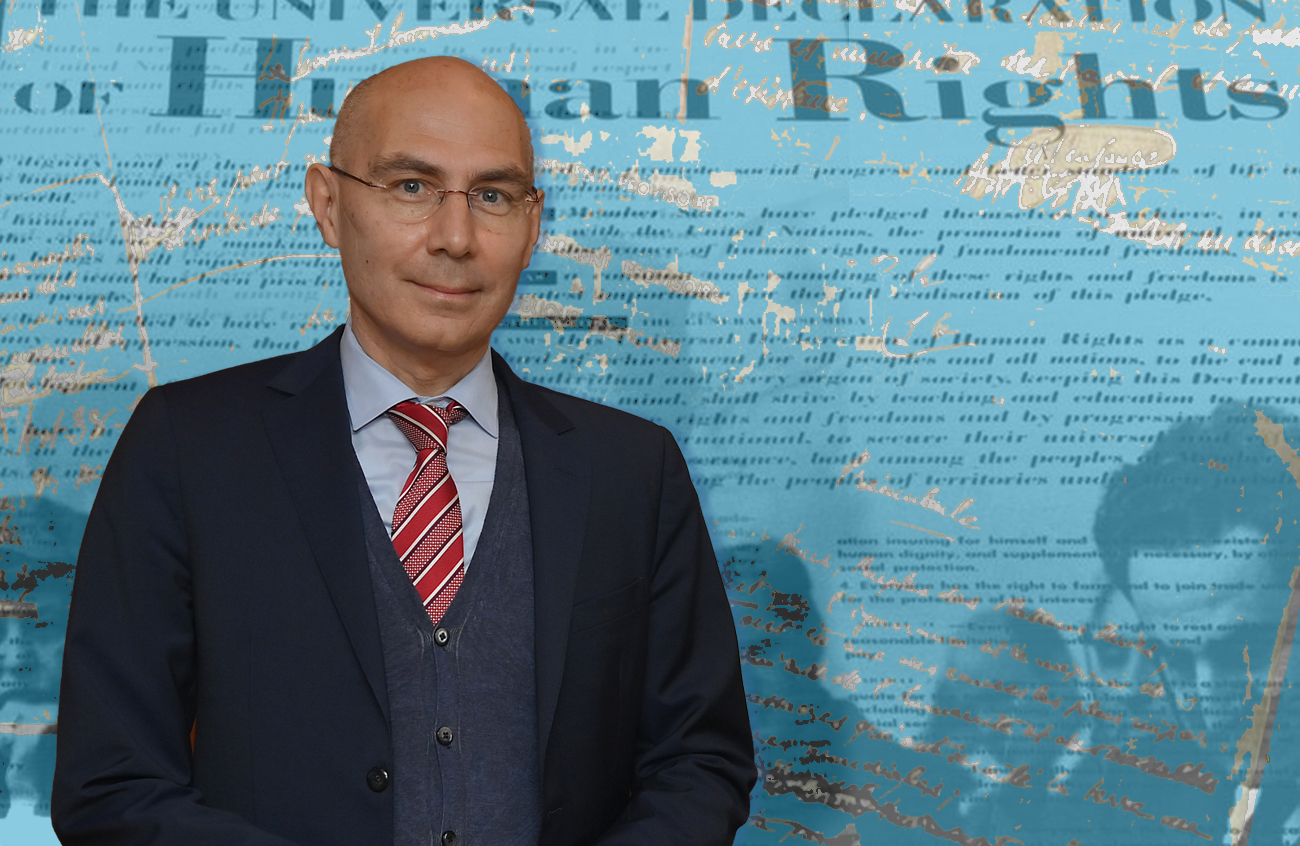
Who could have prepared Volker Türk, the current United Nations High Commissioner for Human Rights, for the baptism of fire that would be his first year in office?
When Volker Türk applied for the job last year, Russia had already invaded Ukraine, the Taliban were busy repressing women in Afghanistan, and the world was emerging from a pandemic which showed in brutal clarity just how unequal our planet remains.
But then came the war in Sudan, a collapse into gangland violence in Haiti, and a devastating eruption of conflict in the Middle East.
2023 is the 75th anniversary of the Universal Declaration of Human Rights, a ground-breaking set of principles which has become the most translated document in the world. The current UN High Commissioner for Human Rights, Volker Türk, describes the declaration as “a transformative document […] in response to cataclysmic events during the Second World War.”
The very first UN commissioner, Jose Ayala Lasso from Ecuador, took office in 1994. Why did it take so long to appoint someone when the Universal Declaration was drafted in 1948?
Our Inside Geneva podcast has interviewed all the former UN High Commissioners for Human Rights (a job sometimes called the UN’s toughest) to hear their experiences, their successes, and their challenges.
So, he might be forgiven for wanting to put on hold his plan to spend part of 2023 marking the 75th anniversary of the Universal Declaration of Human Rights. Quite the opposite, Türk believes our violent world (there are currently 55 conflicts raging on our planet) makes it more important than ever to remember our fundamental principles.
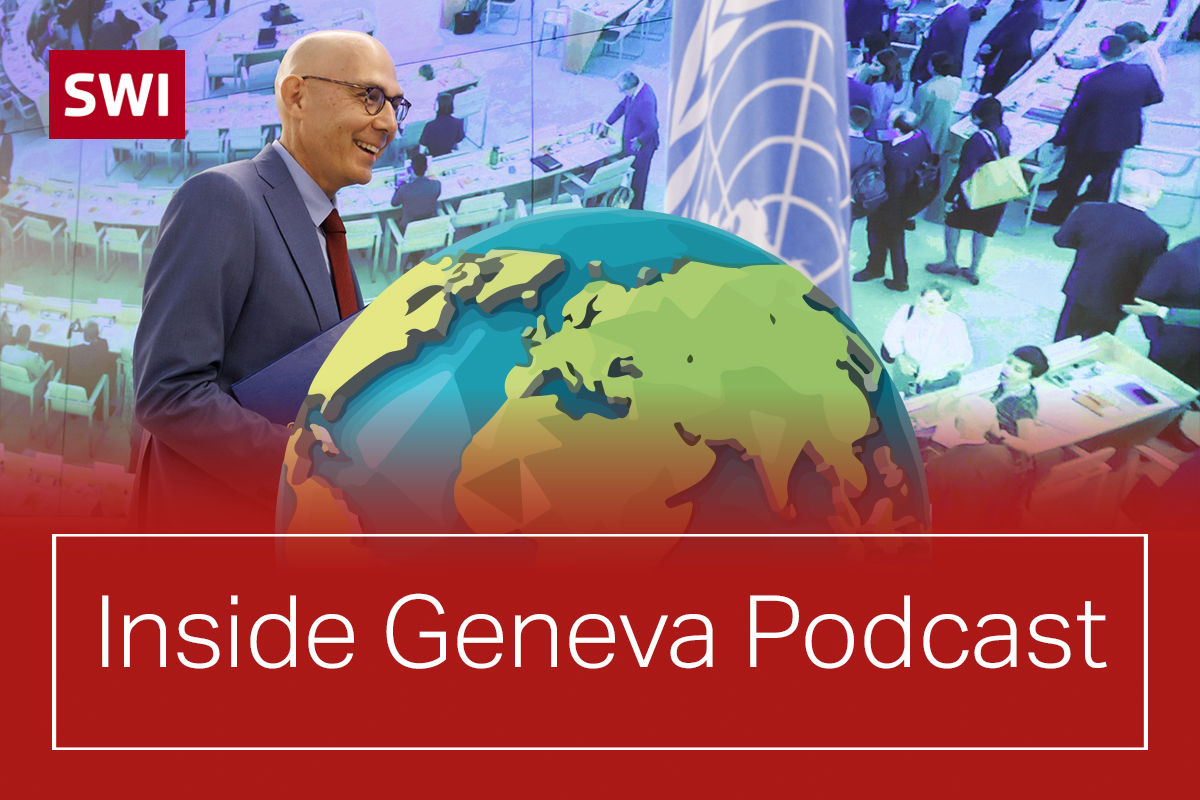
More
Inside Geneva: baptism of fire for UN’s new human rights chief
Never again
Türk is Austrian, and like many of his generation (he was born in 1960) he was brought up keenly aware of his country’s past. Because of the atrocities committed by Austria during the Second World War, he says it was important for him to ask: “Okay, what has to happen in this world so that we come to this never again attitude?”
He believes the Universal Declaration is key. He even keeps a frayed copy, given to him by a high school teacher more than 40 years ago, in his desk in UN Human Rights headquarters.
He spent many years with the UN Refugee Agency (UNHCR), which brought home to him that very often people flee because their human rights are being violated. He wanted to be “on the other side” of that, to try to work more in prevention.
So, unlike a number of his predecessors, he didn’t hesitate when offered the job.
What’s to celebrate?
But now that he’s in it, does he really feel there is anything to celebrate? Does anyone even care about human rights anymore? Türk recently travelled to the Middle East and bluntly condemned both Hamas and Israel for what he said were war crimes.
Now, he says he would like to think of this year not as a celebration, but as a commemoration, and, hopefully, as a recommitment. He’s got a rather prosaic analogy to remind us why our fundamental standards like the Universal Declaration are so necessary.
“We actually have traffic regulations,” he explains. “And they exist because otherwise people would get killed. It’s the same on the human rights front, and that’s why the Universal Declaration of Human Rights is so important.”
So hold that thought: it’s a good idea to have laws against things that might kill us, including international laws that can restrain us when we feel inclined to turn, murderously, on one another.
Türk also thinks 2023 should be a time to recognise that putting human rights at the centre of our lives, rather than a nice to have after thought when things go bloodily wrong, could actually be our salvation.
“We cannot afford just to stay in the present, we need to learn from our crises… I hope that if there is one single message that comes across, it’s the centrality of human rights,” he says.

In compliance with the JTI standards
More: SWI swissinfo.ch certified by the Journalism Trust Initiative










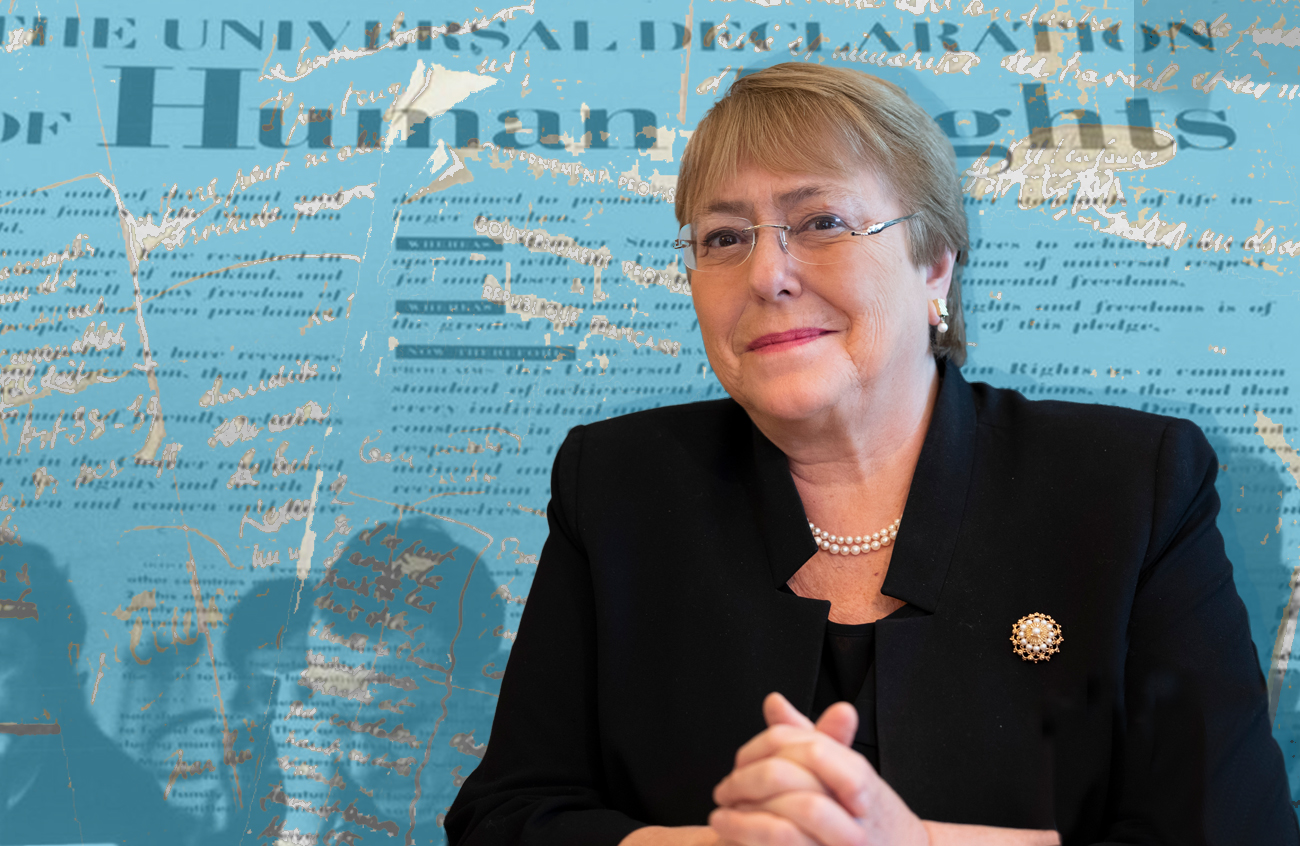
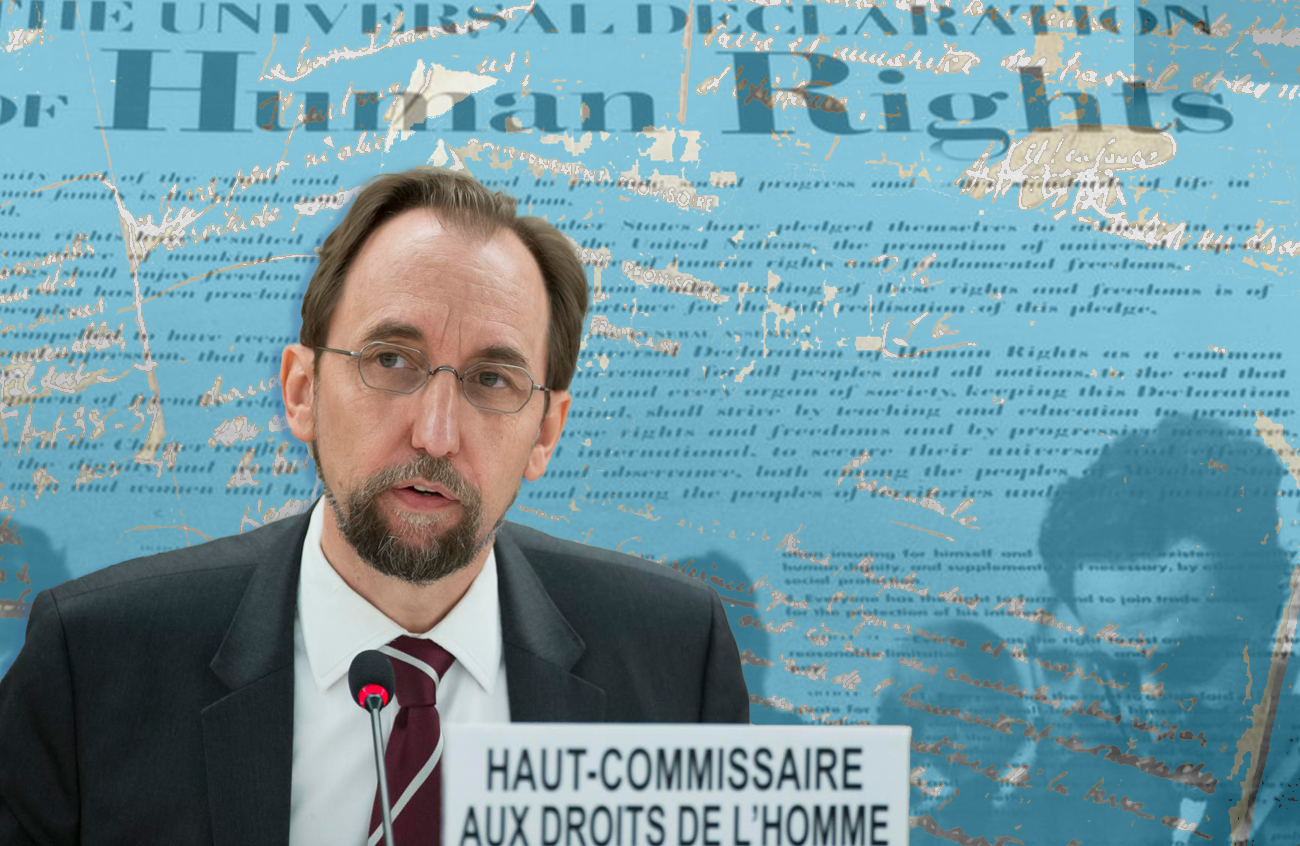
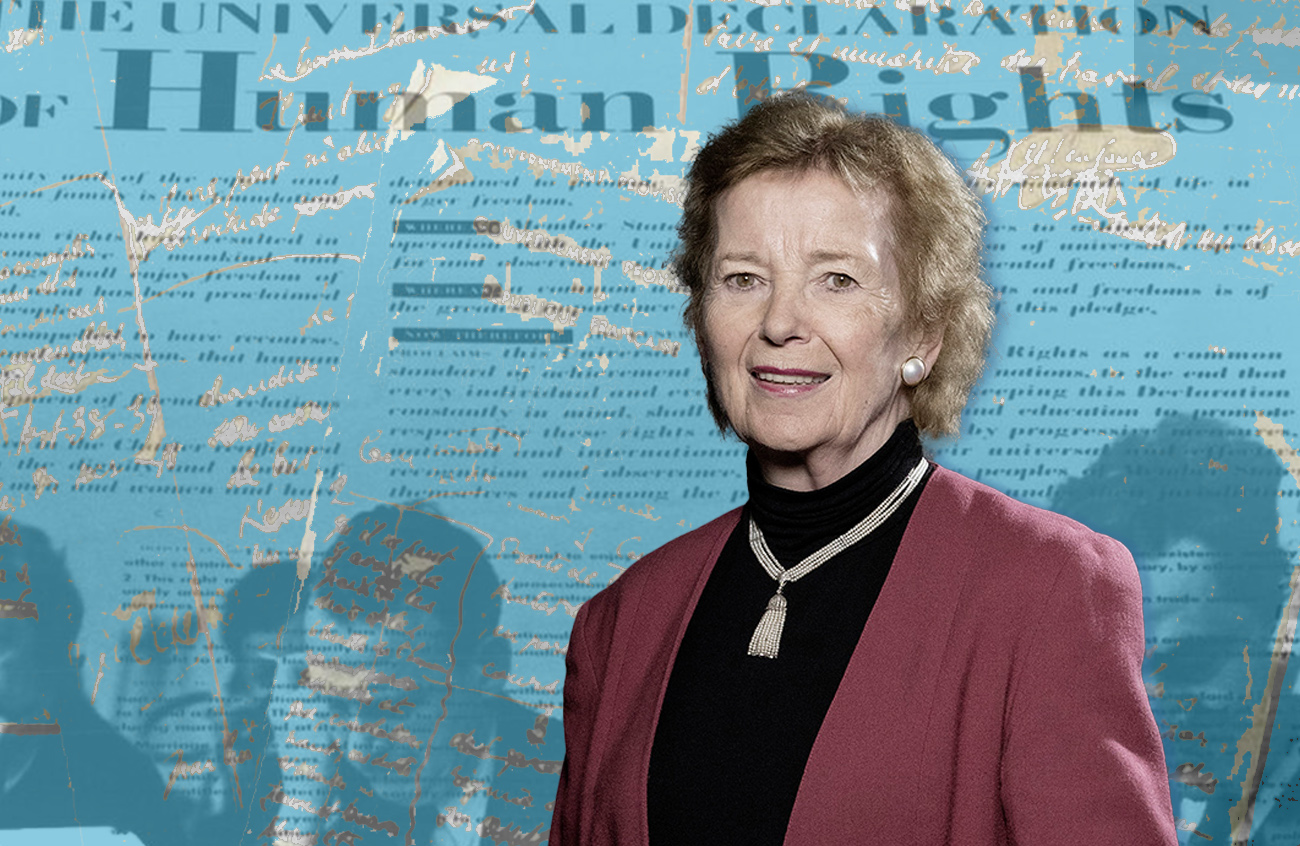
You can find an overview of ongoing debates with our journalists here . Please join us!
If you want to start a conversation about a topic raised in this article or want to report factual errors, email us at english@swissinfo.ch.